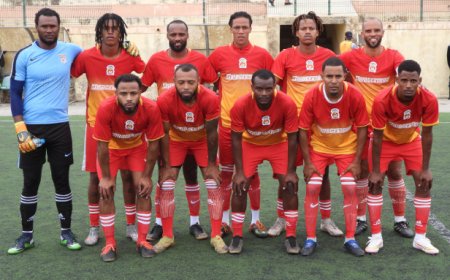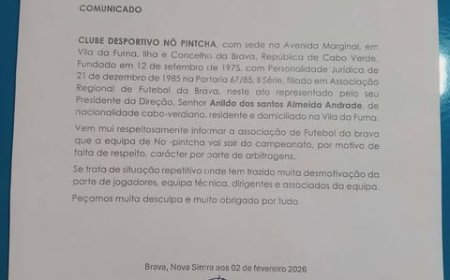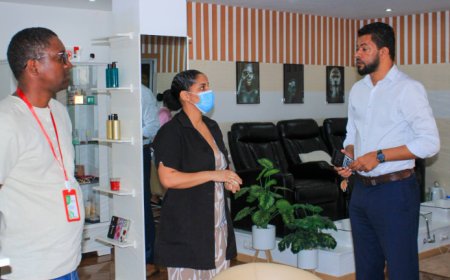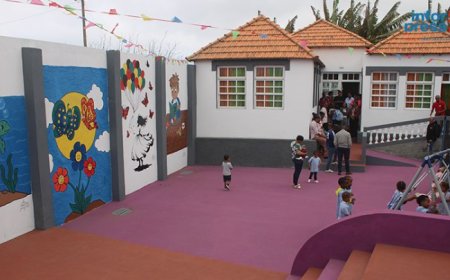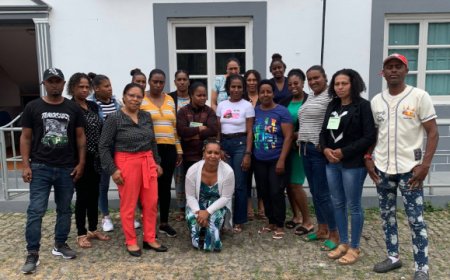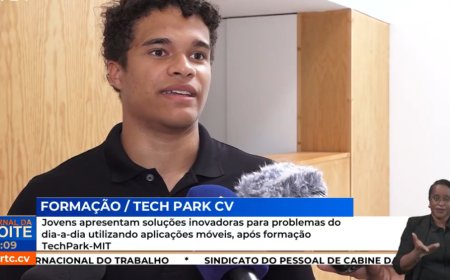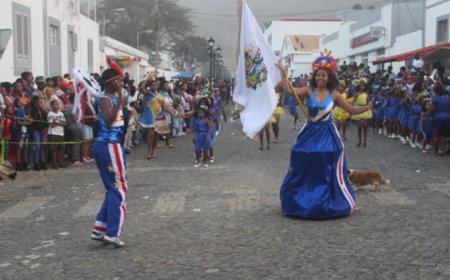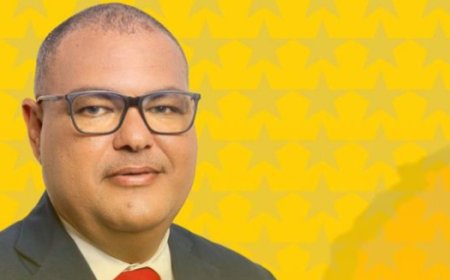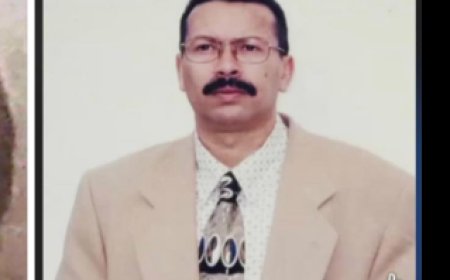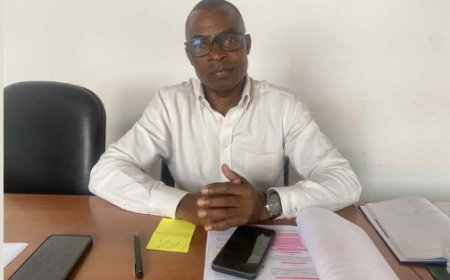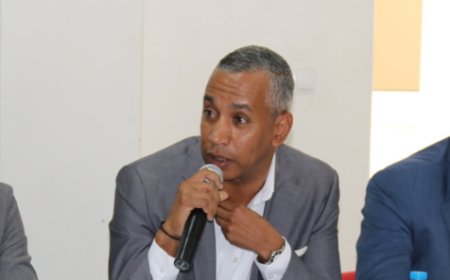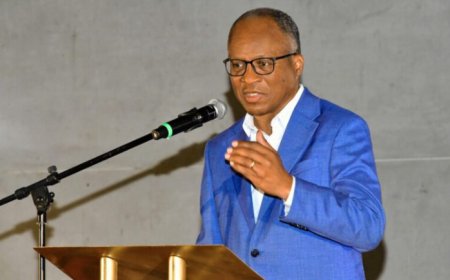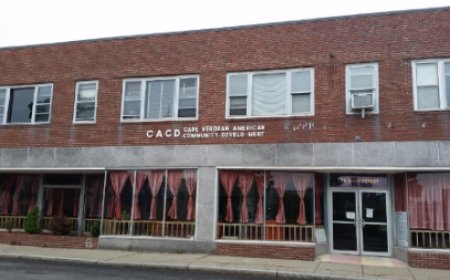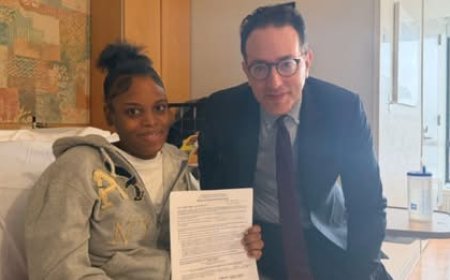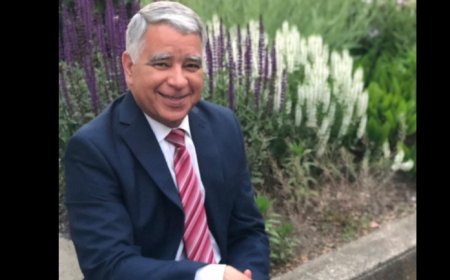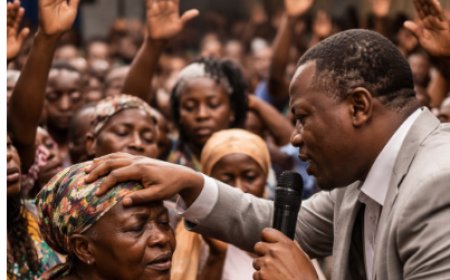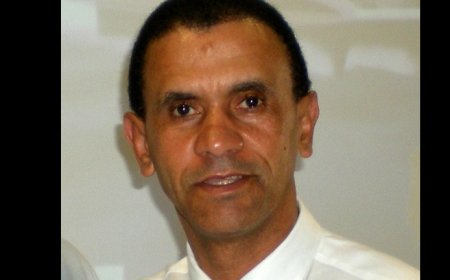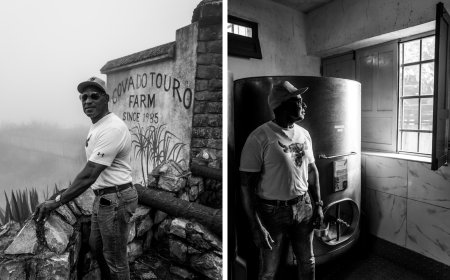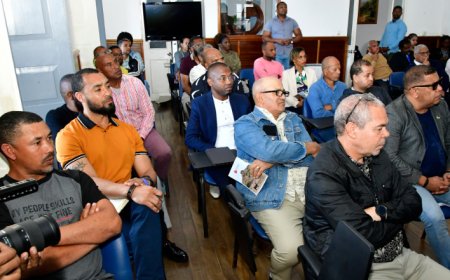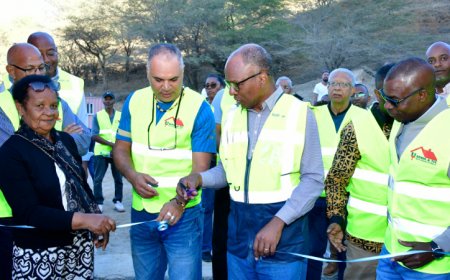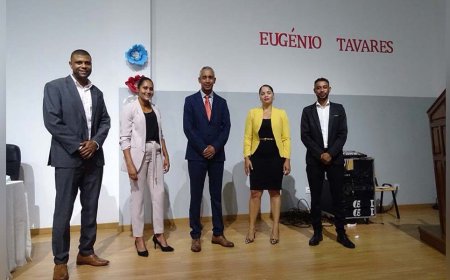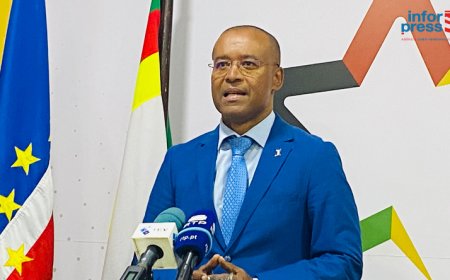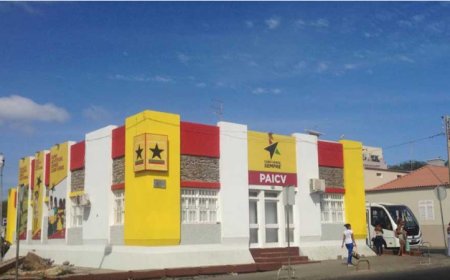Former Mayor of Brava criticizes governments and emigrants, pointing to shared responsibility for the island's backwardness
Nova Sintra City, May 5, 2025 (Bravanews) - In blistering comments, Francisco Tavares, who led the City Council in the 2020/24 term, spared no criticism of the successive PAICV and MpD governments, which together have been in power in Cape Verde for almost half a century. However, the former mayor's vehemence did not stop at the government spheres, but also extended to the Bravense diaspora, whom he blames, in part, for the island's slow development.
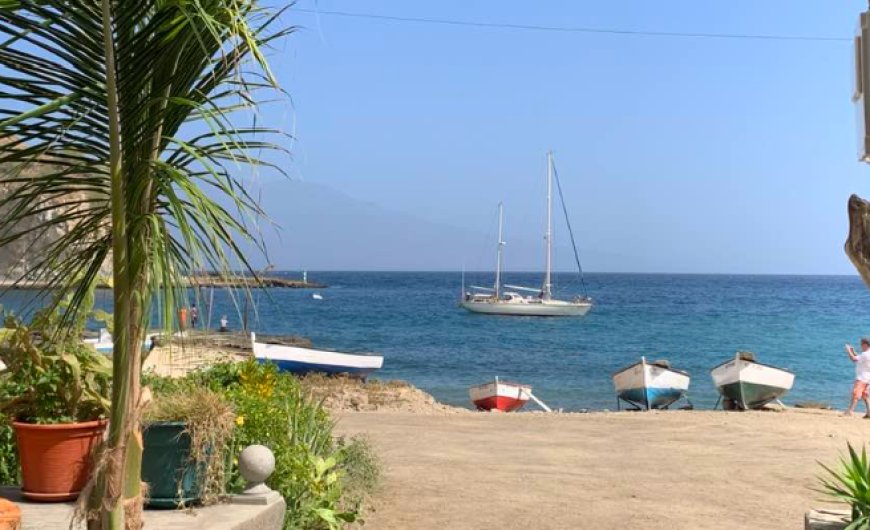
Tavares did not hesitate to classify the actions of the governments as "ineffective" and "slow" when it came to the specific needs of Brava. According to the former president, the 30 years of governance of the African Party for the Independence of Cape Verde (PAICV) and the 19 years of the Movement for Democracy (MpD) fell short of the expectations of the people of Brava, with unfulfilled promises and investments considered insufficient to boost the island's progress.
It is undeniable that governments have played a crucial role in the country's development, but in the particular case of Brava, we often feel that we have been left behind, said a source close to the mayor. In Brava, our source acknowledges, infrastructure is precarious, connectivity remains a challenge and economic opportunities are limited. We cannot ignore the responsibility of those who were and are in power.
However, the most surprising criticism and one that is sure to generate heated debate in the Bravense community and in the diaspora was directed at emigrants. Francisco Tavares argues that, despite the strong emotional bond and the important financial remittances for the local economy, emigration has not contributed effectively to a more structured and sustainable development of the island.
For Tavares, there needs to be more active involvement, direct investment in projects that generate employment, bring innovation and help diversify the economy. As well as criticizing emigrants, who in Tavares' opinion should stay on the island and support the development process, he goes further and claims that there is a lack of strategic vision on the part of the diaspora for the future of their homeland.
The former mayor of Brava recognizes the inestimable value of family and financial support from emigrants, but stresses that this has not been enough to overcome the development challenges facing the island. For Tavares, it is essential that Bravenses in the diaspora transcend the role of mere remitters of money and become active agents in the transformation of their land.
Despite the blunt criticism, Francisco Tavares made a point of stressing that the responsibility for the delay in the Brava's development is shared. "We shouldn't just wait for the government," he emphasized. "The local community, entrepreneurs, associations and, crucially, our emigrants have a fundamental role to play. It takes unity of effort, a shared vision and a collective commitment so that Brava can finally achieve the progress it so desperately craves."
Francisco Tavares' statements will certainly reignite the debate about the future of the island of Brava, the role of the central government and the contribution of its vast diaspora. It remains to be seen whether these harsh criticisms will serve as a catalyst for a change in attitude and more effective collaboration for the sustainable development of this pearl of the Atlantic.






